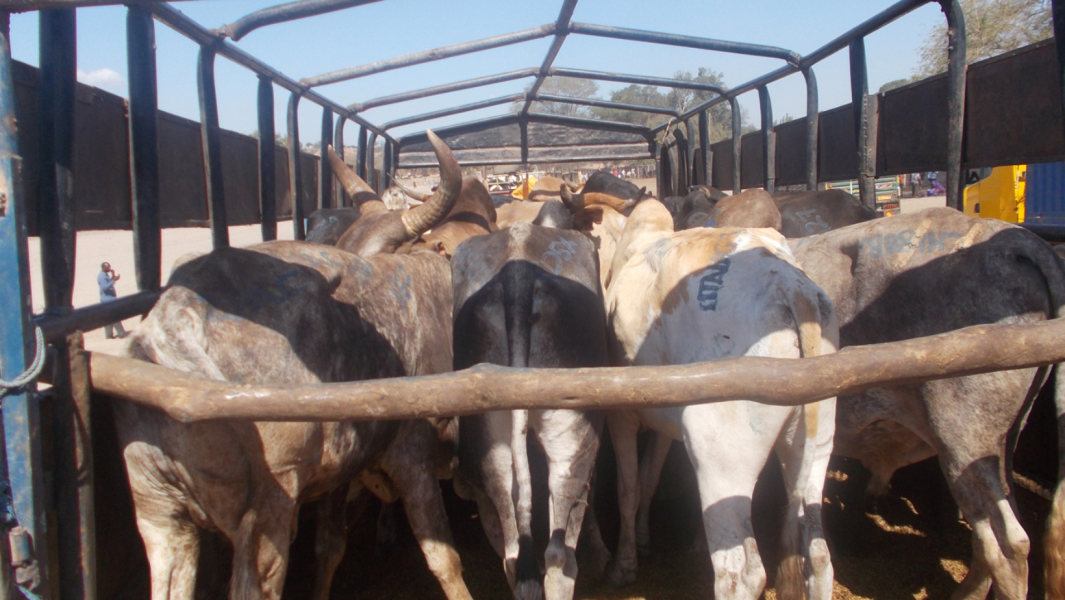Archives
- Home
- News
- Posts
- Agri Orbit
- FMD: Movement of cattle prohibited for 21 days


The minister of agriculture, land reform and rural development, Thoko Didiza, has taken the decision to suspend all movement of cattle throughout South Africa. Minister Didiza’s decision is aimed at halting the continued spread of foot-and-mouth disease (FMD) in the country. It also means that cattle may not be moved from one property to another for any reason for a period of 21 days, reviewable weekly.
South Africa is currently experiencing 116 outbreaks of FMD, involving farms, feedlots and communal areas in KwaZulu-Natal, Limpopo, North West, Gauteng, Mpumalanga and the Free State.
The minister acknowledges the efforts made by farmers, communities and industries to curb illegal movements of animals from known infected areas, and to improve biosecurity on animal holdings. However, the disease continues to spread, with 15 new properties and two new provinces affected in the last two weeks alone.
The ban will be declared in the Government Gazette and any disregard for the movement ban is a criminal offense. The only exception will be made for cattle that are to be directly slaughtered at registered abattoirs accompanied by a veterinary certificate, and for cattle to be slaughtered for ritual purposes.
“Cattle that are already at shows, auctions and en route into the Republic will be given 48 hours to be permitted to move to their final destination after being sold. The local state veterinary office should be contacted for these permits,” said Didiza.
Didiza has warned perpetrators who are illegally moving cattle, saying they will be prosecuted for contravention of the Animal Diseases Act, 1984 (Act 35 of 1984).
The minister recognises the major disruption that the movement ban will cause in the normal business of many sectors. For this reason, the ban is only applicable to cattle, as the movement of cattle was identified as the main cause of the continued spread of the outbreaks. However, the public is reminded that all cloven-hoofed animals can spread FMD, and the movement of sheep, goats, pigs and cloven-hoofed game should also be handled with the necessary caution.
Animals showing suspicious clinical symptoms (salivation, blisters in the mouth, limping or hoof lesions) must not be moved under any circumstances. Members of the public must contact their district state veterinary services or their private veterinarians immediately. – Press release, the Department Agriculture, Land Reform and Rural Development.
Buy, Sell & Trade Agricultural & Heavy Equipment
Our Facebook Groups
© 2021 All Rights Reserved. AgriOnline Pty Ltd View Our Policies HERE